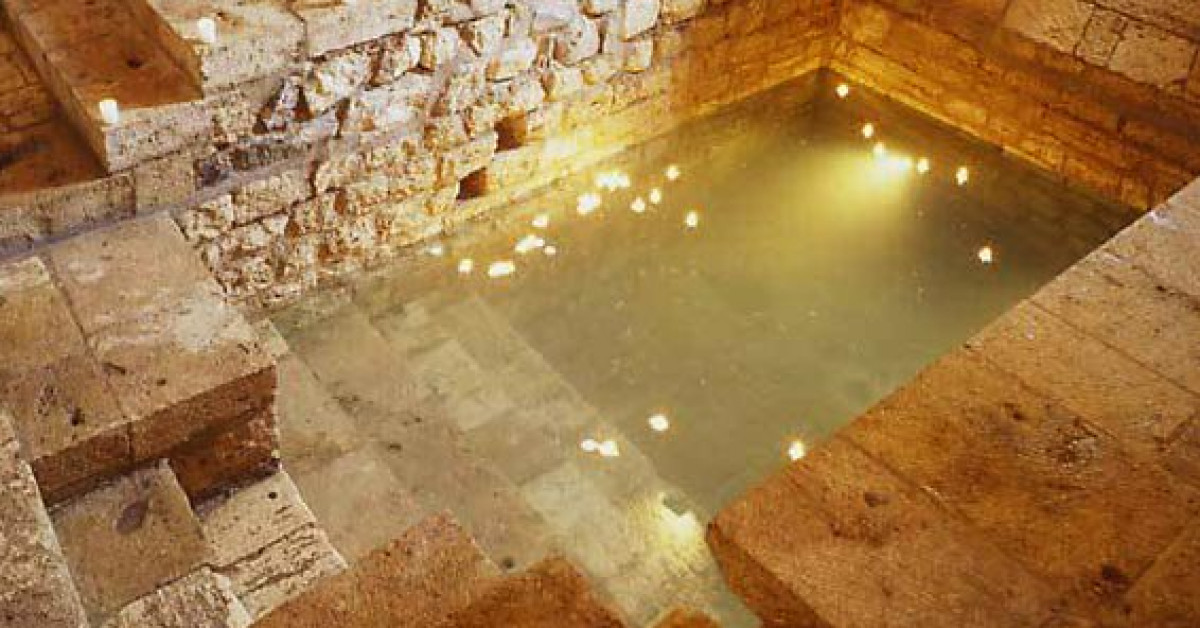We need access to a Mikvah.
We women, unappreciative of modesty checkers and judgements. We men, respectful and appreciative of pure water. We beyond gender identification, but not beyond judaism and a treasuring if not thirst for purification and ablution in the oldest purest and realest traditions and mitzvot.
We need access to a Mikvah, and we have a community space that longs to host one.
The first Jewish community to exist and establish a temple in Brooklyn did so in Williamsburg. When that temple surrendered to modernity and adopted Reform customs, the traditionalists in the community split off and formed the nearby Beth Jacob Ohev Shalom minyan, which is now the oldest and longest lasting continuous orthodox congregation in Brooklyn and Kings county.
Most of Williamsburg Judaism is Hassidic, relatively Satmar and discouraging of the presence and participation of outsiders. That’s valid, but more and more, Williamsburg and North Brooklyn (Greenpoint, Bushwick, etc.) are filled with new young people, moving in from everywhere. Many are from religious backgrounds and many are not, but appreciate spirituality in a Jewish context and long for connection with the most somatic and embodied of traditional religious practice. A mikva is that.
Biblically mandated for purification in a marital context, the Mikva is the mainstay of traditional Jewish community, an opportunity for ritual bath in pure living rainwater, caught and kept fresh for renewal of the soul’s perspective as well as the body’s freshness. Identified with the entire Jewish holiness concept, an encounter with the divine experienced as the pure water that one enters, completely, until it’s too much and one moves on. In hassidic and many traditional Jewish communities, people go every day in order to know G-d and purification more directly.
But: in modernity the mikva has not often been as pleasant or accessible a resource as it had been in the old world, when it was Rivers, Beaches, Lagoons and community bath house. The modern mikva experience, specifically for women, is often one of shame and a sort of ritual humilation, where an often harsh “mikva lady” checks to make sure one ‘s hair is not locked, or fingernails painted, before allowing them in. This is a stricture not inherent or traditional, and often the main negative experience women have had of Orthodox Judaism that led them to rule it’s values out of their lives forever.
That is not the orthodoxy we want to represent or hold space for at Ohev Shalom. This is not the Orthodoxy that will integrate the clarities of modernity as demanded by R’Kook, R’ Soloveitchik or R’ Shneerson. As the first and last bastion of independent Orthodoxy in Brooklyn, we have a responsibility to, and goal of, keeping the torch of an orthodoxy that is genuinely present with local human sensitivity, need, capacity and will to engage and live in the Holy and True. To that end:
We have in our congregation a wide range of people who can feel at home nowhere else. Lapsed/enlightened Satmar/Belz hassidim. Old school neighborhood mainstays. Black, Asian and Latino converts, second generation dissidents, Turks and Russians working in the neighborhood. Anti-sex abuse whistleblowers, expelled from anywhere else. Curious gentry, coming from anywhere else on earth and NY to live in Williamsburg, uninterested in and alienated by the judgements and hostilities of traditional local. Our shul is a really diverse refuge for the dissidents and idealists of all surrounding Williamsburg, the safety and empowerment of a local mikva would ground the smallness and poverty of who we are and who we serve in what is ultimately the fundamental and most central of Jewish communal resources, which we would be able to use to introduce and ground our extended community in Jewish family purity, from which so much of the light of Torah and Traditional Halachic Judaism could be made accessible. Please help us.


